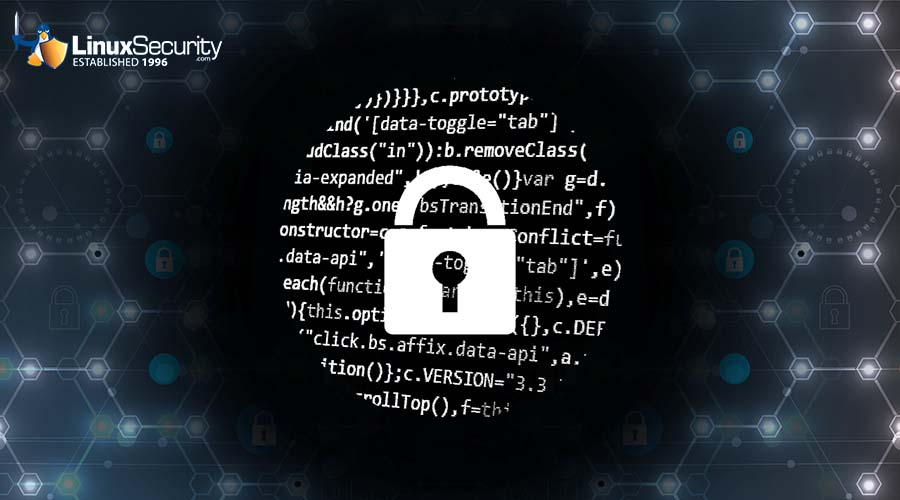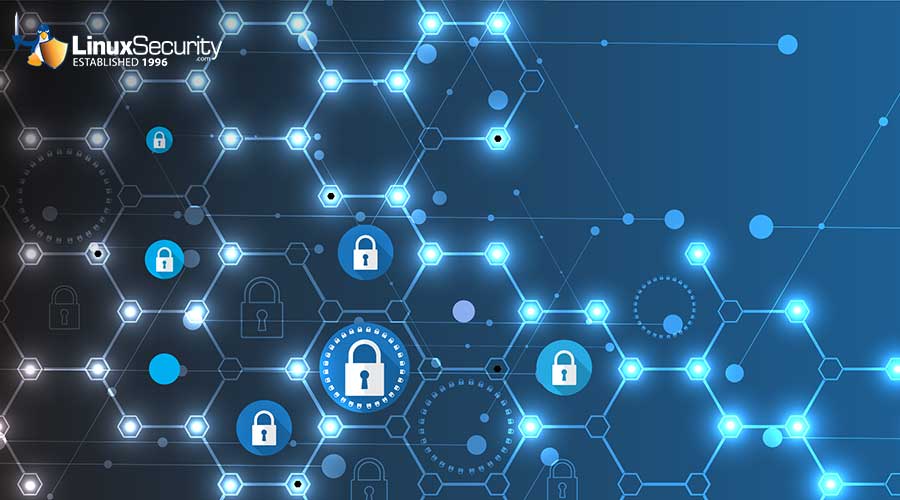Benefits & Drawbacks of Using a VPN on Linux
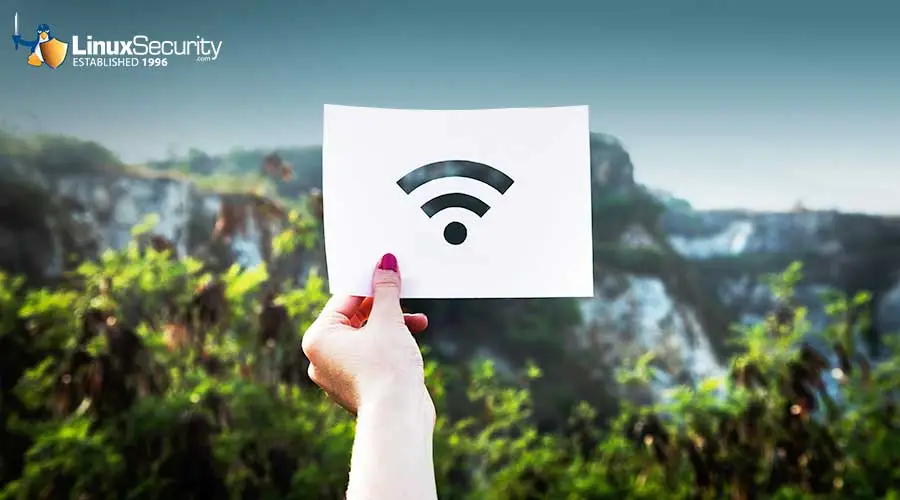
If you use Linux, whether it is just to browse the web, use it as a VPN server, or even if you use it to hack people (Just kidding!), then it is pretty essential and worthwhile to understand the pros and cons of using a VPN for Linux.
An effective VPN works by routing all your Internet traffic through another computer. This means that if you use the Internet with a VPN, the remote computer/server in which traffic is being routed through becomes the source of data. In short, A VPN allows you to secure traffic between two locations, whether that be a VPN server you set up yourself at home or a location provided by a VPN provider, or even between your location and your work office! All your data traffic is routed through an encrypted virtual tunnel. With a VPN, not even your ISP or other third parties can see which websites you visit or the data you send and receive online. This article will explore the benefits and drawbacks of using a VPN on Linux.
Benefits of Using a VPN on Linux
Linux is a free open-source system that allows users to customize their experience and is a top choice for individuals interested in securing their privacy. Because of this, many users turn to VPN service providers. With an effective VPN, you can protect the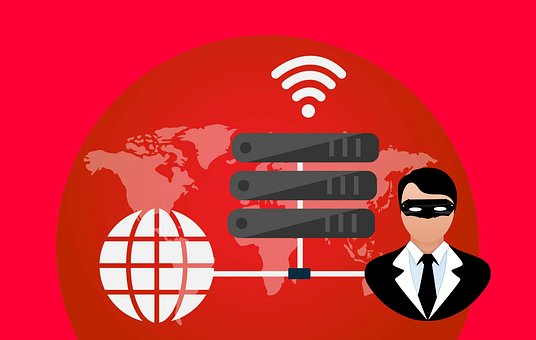 following:
following:
- Privacy: You might not be aware of how many breadcrumbs you're leaving when you're browsing the web. A VPN will disguise your IP and encrypt your connection, making it truly anonymous.
- Security: The more anonymous you are, the more secure you are. Having a new IP address every time you go online can be enough to deter doxxing and DDoS attacks. Plus, if you're in the habit of frequently connecting to Wi-Fi hotspots, you can never be too sure whether the network is safe.
- Unblocking websites: If you're living in Europe, you can't just go to the Hulu webpage and pay for your subscription. The website is off-limits if you're not from the US or Canada. The VPN helps to solve all these problems. It's even more useful in restrictive countries.
- Torrenting: Linux users heavily rely on P2P networks to exchange operating system ISO files. The same networks tend to be a bit sketchy, and you might not always know what you're downloading. A VPN helps you stay private when downloading and helps you avoid copyright infringement notices.
- Avoid bandwidth throttling: Some ISPs impose restrictions on a particular type of traffic. So, if web pages load almost instantly, but downloading files takes forever, the culprit may be your ISP. A VPN disguises your traffic type, making it impossible to restrict based on its type.
As like anyone who wants to do any of the things listed above, whether it be protecting your private information or your browsing data, or simply just maintaining anonymity, a VPN sounds like the perfect solution.
Potential Drawbacks of Using a VPN on Linux
Now although there may be many benefits to using a VPN, as well as many reasons as to why one might want to implement one, it is important to learn the potential drawbacks:
- Speed: Although some VPNs claim to boost your internet speed, you will eventually experience drops with your connection speed. There are many dependent variables when it comes to VPN connection speed such as your location, server availabilit
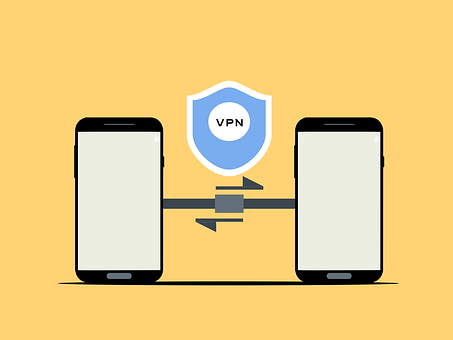 y, your own internet connection speed, so on and so forth. However, there have been cases where even people with some of the quickest internet connections experience MAJOR drops. Most of the time, it depends on the VPN provider as well as the protocol that the VPN provider uses. You will find that VPN protocols and providers that value security tend to have slower connection speeds.
y, your own internet connection speed, so on and so forth. However, there have been cases where even people with some of the quickest internet connections experience MAJOR drops. Most of the time, it depends on the VPN provider as well as the protocol that the VPN provider uses. You will find that VPN protocols and providers that value security tend to have slower connection speeds. - Security and Privacy: Depending on which VPN you use for linux, you might never fully experience complete and total security & privacy. If you decide to go with a free VPN, there is a good chance that your connection will not be fully secure. Paid VPNs tend to provide stronger encryption and more security than free VPNs. VPNs such as SurfShark also support top-tier encryption by the use of VPN protocols such as WireGuard and OpenVPN. Moreover, SurfShark provides no-logging, which means they do not log your traffic, hence the privacy part. With many other VPN providers, whether it be free or paid, it is possible that they are logging your traffic. Moreover, with some VPNs, it could be very possible for the government to track what you are doing, especially if you have malicious intent. They would firstly have to ask the VPN provider for the logs of servers you’ve visited, if the VPN provider allows logging in the first place, and they can look at your traffic that way. Moreover, ISPs can also see your traffic in a sense! They cannot see it entirely but they can see when you connect to a VPN as you go through their server and connect the dots from there. My advice is to choose a VPN that does not log your traffic, provides VPN protocol options such as WireGuard, and also, do not do anything that will attract attention to yourself (aka black-hat hacking). Moreover, if one really wanted to keep ISPs and the government on a wild goose chase, then proxy chaining would be the best option.
- Website Tracking: I spoke about how the government and ISPs can still manage to track you if necessary, but what about websites? Well, if you are using a VPN, there is a way to still be tracked. If you visit websites where you use session cookies and have to log in with your information, it still uses your real public IP address rather than the VPN public ip address. Moreover, websites can deny you access to their services if they determine you are using a VPN.
- Difficult to configure: When it comes to Linux, you are left with many grayed-out options when using a VPN. You can find yourself a lot of the time doing a command line installation and even further than that, you might have to configure it yourself. It is critical to configure your VPN correctly. If you do not use a high-quality and dependable VPN, no VPN server, protocols, or encryption can protect you from IP address and DNS leaks. You'll be gone the instant your IP address and DNS leak. Cybercriminals can exploit this gap in your privacy and security. If you're familiar with VPN functions and configuration, put one in place as soon as possible!
Do You Need a VPN?
After considering the benefits and drawbacks of utilizing a VPN, you should select one to take use of the device's safety and security capabilities. Using a VPN allows you to access filtered, banned, and geo-restricted information. It is entirely up to you whether to use a high-quality commercial VPN or an unpaid one. To avoid bandwidth restriction, use a VPN that provides a high-speed connection and unlimited bandwidth. Before purchasing a VPN, be sure to read over the list of finest top-rated VPNs based on favorable ratings. It will assist you in making the best decision.
Final Thoughts
Overall, A reliable VPN is recommended if you wish to enjoy advantages such as circumventing geo-blocked material, privacy, anonymity, and encrypted data transfer. Before deciding on the best VPN for you, I recommend considering all of the benefits and drawbacks. When choosing a reliable VPN, privacy and security should be prioritized.


